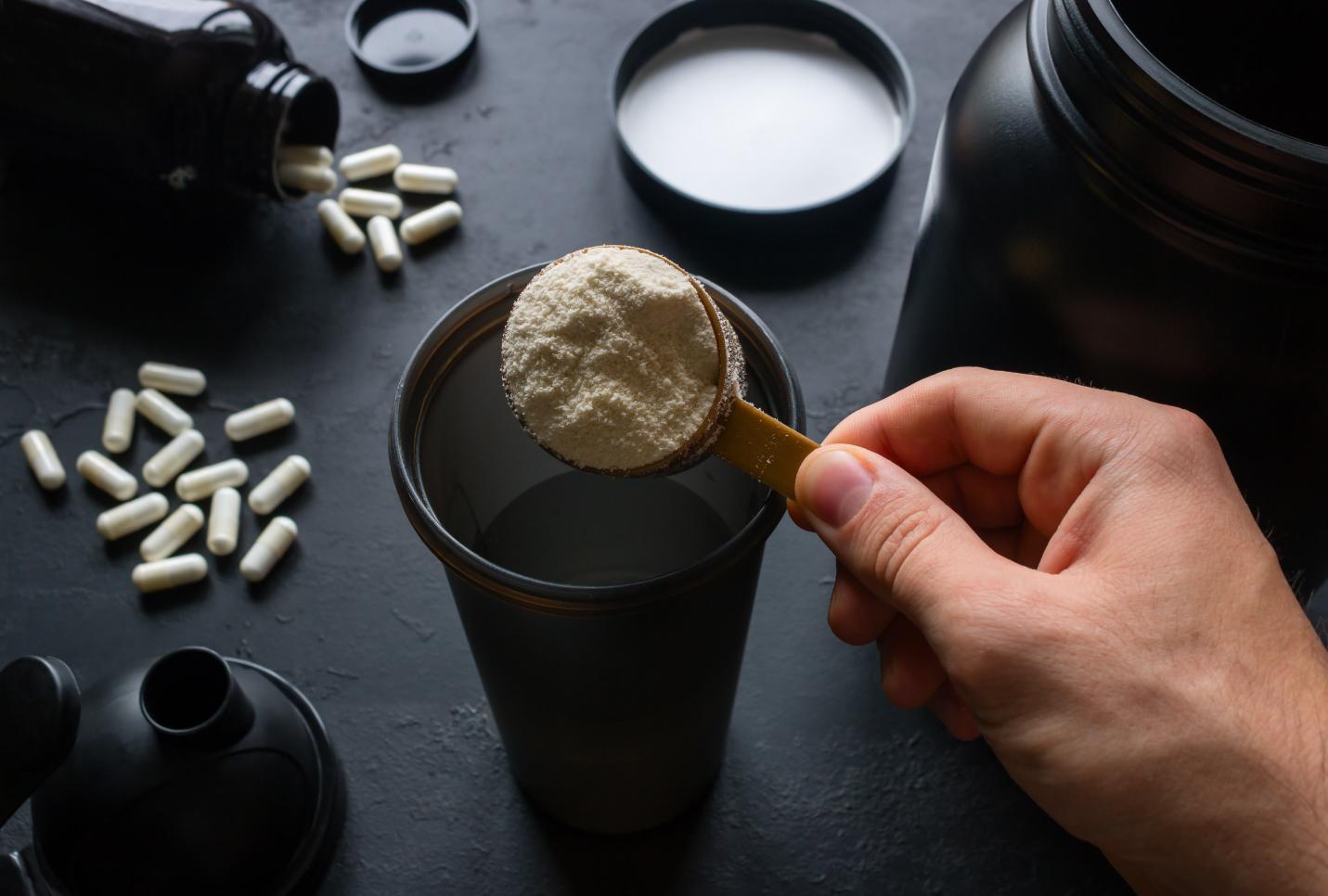Protein supplements have become extremely popular in the fitness community over the last few decades. As people look for ways to pack on muscle or lose weight, protein powders and shakes are now commonly used supplements. However, there is a lot of debate around their effectiveness and whether they are necessary at all for most people. This article aims to explore protein supplements in depth, look at the different types available, discuss their pros and cons and provide guidance on who may benefit from using them.
Types of Protein Supplements
There are several major types of protein supplements on the market:
Whey Protein
Whey protein is one of the most popular and commonly used protein supplements. It comes from milk and is a complete protein, containing all essential amino acids. Whey protein is rapidly digested and absorbed by the body, making it a good choice for boosting muscle protein synthesis after workouts. Some of the top whey protein brands include Optimum Nutrition, MuscleTech and EAS.
Casein Protein
Casein protein comes from milk as well but takes longer to digest than whey. This makes it a good option before bedtime to provide prolonged protein intake throughout the night. Casein protein supplements include MusclePharm Combat Protein Powder and BSN Syntha-6 Protein Matrix.
Soy Protein
For people avoiding whey and casein, soy protein is a useful plant-based alternative. However, the protein quality of soy is not as high as dairy options. Some soy protein supplement brands are MusclePharm Combat Powder Sport and Vega Protein.
Pea Protein
Pea protein has gained popularity in recent years as a dairy-free and vegan-friendly option. Again, the protein quality is not quite as high as whey but it provides a soluble fiber called beta-fibre. Some pea protein supplements include Garden of Life Sport Organic Plant Protein and Biochem Vegan Protein.
Egg White Protein
Egg white protein isolate supplements are processed from just the egg whites and contain highly bioavailable protein. They are a popular choice for bodybuilders but have the downside of tasting quite unpleasant to many. Some brands include Muscle Egg Protein+ and NOW Sports Egg White Protein Powder.
Benefits of Protein Supplements
Some of the main benefits of using protein supplements include:
- Increased daily protein intake: Protein supplements make it easier to reach recommended daily intake levels, especially for athletes, bodybuilders, or people following high-protein diets. The average person needs 0.36 grams of protein per pound of body weight daily but requirements may be higher for certain groups.
- Post-workout muscle protein synthesis: Consuming a protein supplement within 60 minutes after strength or resistance training stimulates muscle protein synthesis and aids in muscle growth and recovery.
- Weight management support: Protein helps control appetite better than carbs and fat. High-protein diets may provide thermogenic and fat loss benefits compared to standard lower-protein diets.
- Convenience: Protein powders are highly portable and provide a convenient way to boost protein intake without having to rely solely on whole food sources. They are especially useful for busy lifestyles.
Potential Downsides of Protein Supplements
However, protein supplements are not without some potential downsides:
- Expense: While protein is relatively affordable, consistent long-term use of protein powders can become quite costly over time compared to whole food sources.
- Not necessary for most: For the average healthy individual, especially those who eat animal protein regularly, protein supplements are usually unnecessary if daily requirements are met through diet alone.
- Kidney and liver stress: Long-term, very high protein intake, especially without sufficient hydration, may potentially stress the kidneys and liver in some cases. Moderation is key.
- False sense of accomplishment: There is a risk of relying too heavily on shakes and bars instead of whole foods and getting complacent about nutrition and exercise goals. Supplements should supplement, not replace, healthy diet.
Who Benefits Most from Protein Supplements?
While protein supplements provide convenience for many, certain groups stand to gain more significant benefits:
- Athletes/bodybuilders: Those involved in intense strength/resistance training stand to benefit more from increased daily protein and post-workout supplementation to support muscle growth and recovery.
- Dieters: High-protein diets are effective for weight loss. Supplements help compliance and control appetite by boosting daily protein intake.
- Vegetarians/vegans: Reaching protein requirements without meat or dairy can be challenging without supplements. They provide an easy solution.
- Older adults: Protein requirements slightly increase with age. Supplements help ensure requirements are met to support muscle mass retention in the face of potential anabolic resistance.
Final Thoughts
In summary, while protein powders and shakes are very popular, they are not essential for most people who eat balanced diets. However, they can provide significant benefits for active individuals, dieters, vegetarians/vegans and older adults seeking to support muscle and overall health goals. When used properly in moderation with whole food sources, supplements can be a valuable part of a fitness-focused nutrition plan.
For more details on the report, Read- https://www.rapidwebwire.com/protein-supplements-growth-market-size-share-analysis/

